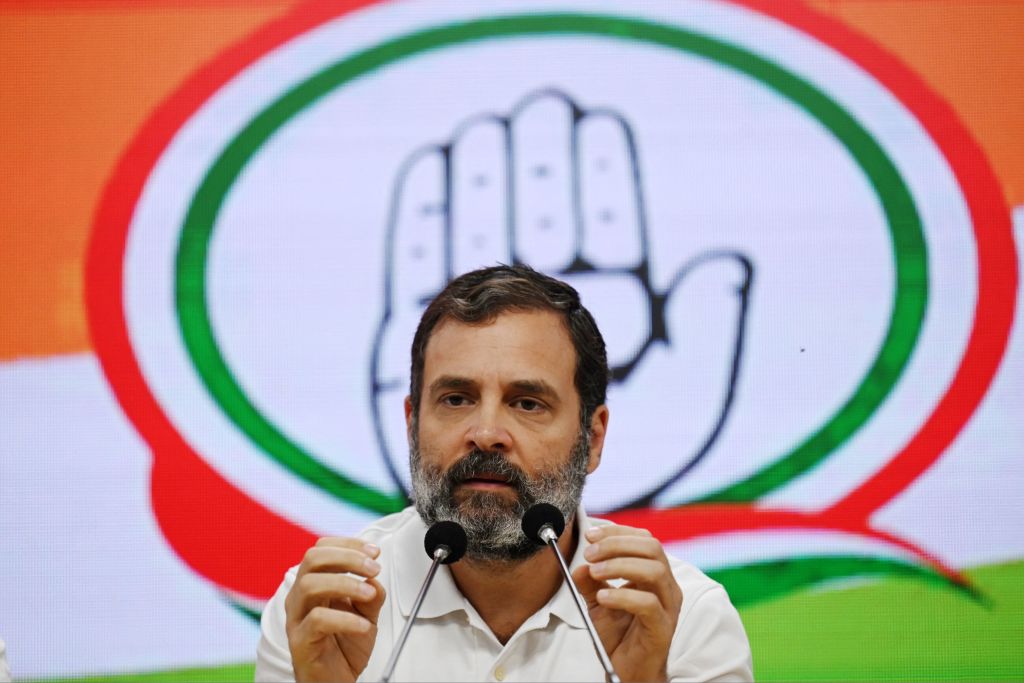The conviction of Rahul Gandhi – an opposition politician and dynastic heir to three of India’s past prime ministers – has raised questions in India about both a colonial-era defamation law and Gandhi’s own political judgement. Rahul is currently an MP in the Indian parliament, but has taken on the role of crown-prince-in-waiting for the Congress party as a potential rival to Prime Minister Narendra Modi.
His conviction, by a court in Modi’s BJP-ruled Gujarat state, is for a public comment Rahul made some years ago, asking rhetorically why so many thieves had Modi as their surname. This was a jibe at the PM, Rahul’s bête noire. What might have been a harmless joke at a private dinner party has been treated as defamatory.
Rahul’s conviction carries a sentence of two years imprisonment and instantly disqualifies him from his current seat in India’s parliament. It will be appealed, a process that could take years in India’s judicial morass, during which time he will remain out on bail but barred from parliament.

Get Britain's best politics newsletters
Register to get The Spectator's insight and opinion straight to your inbox. You can then read two free articles each week.
Already a subscriber? Log in






Comments
Join the debate for just £1 a month
Be part of the conversation with other Spectator readers by getting your first three months for £3.
UNLOCK ACCESS Just £1 a monthAlready a subscriber? Log in